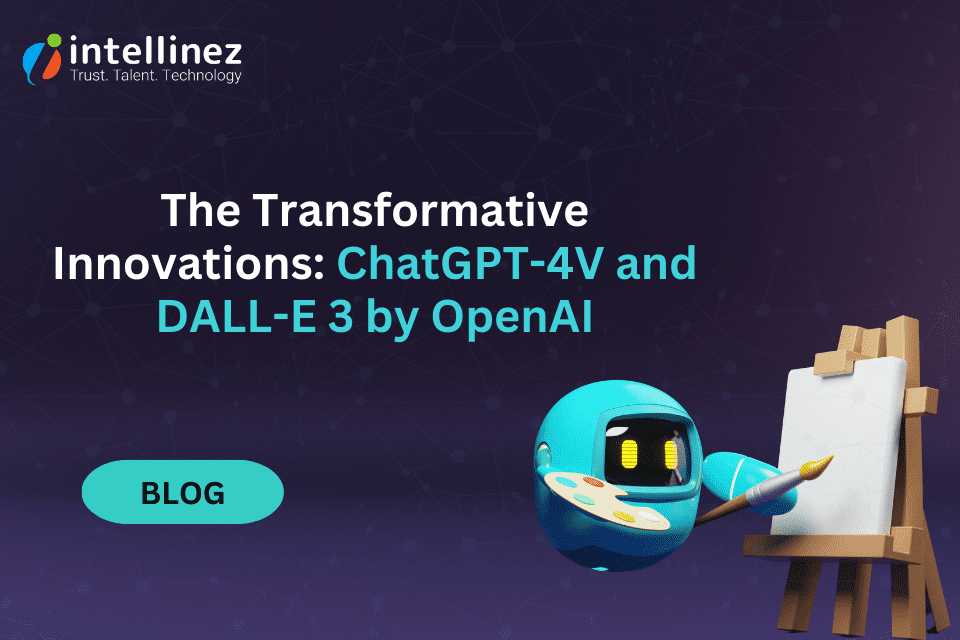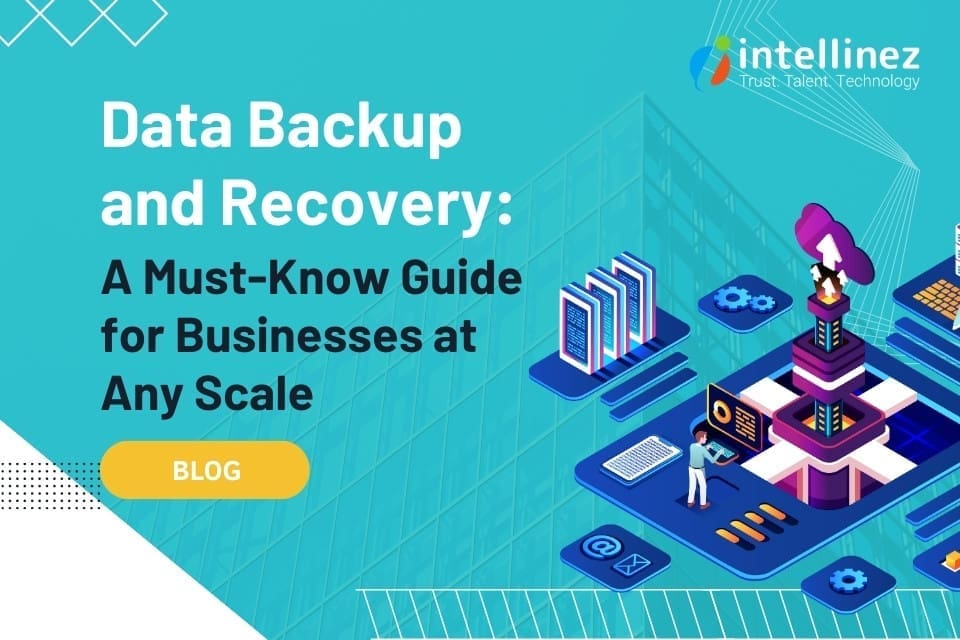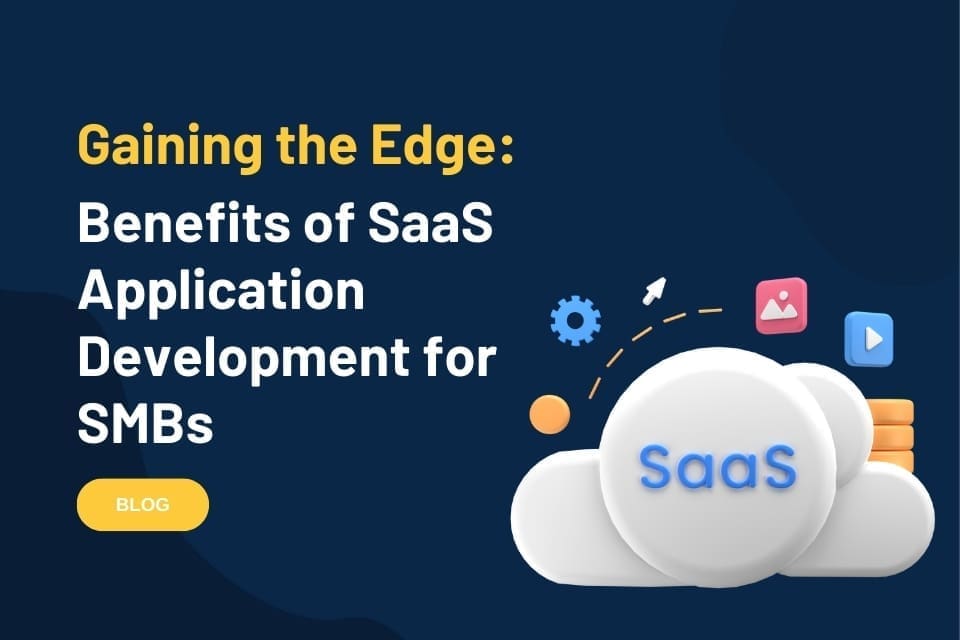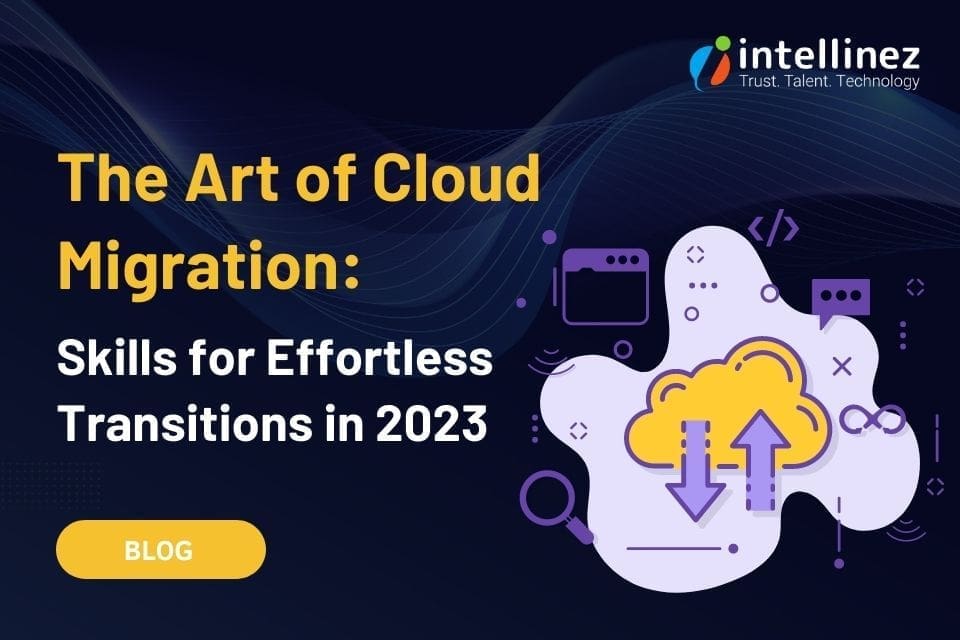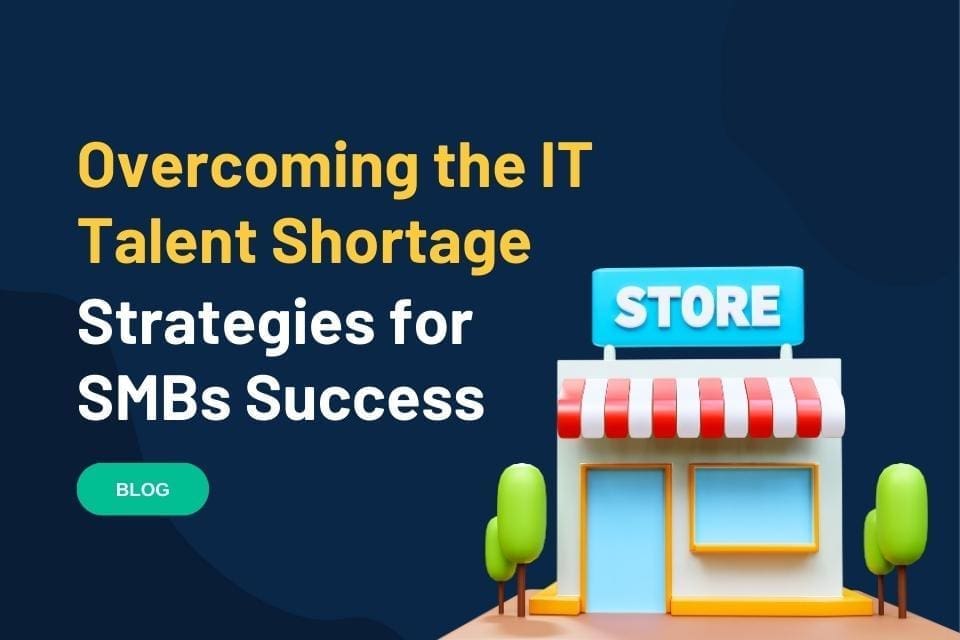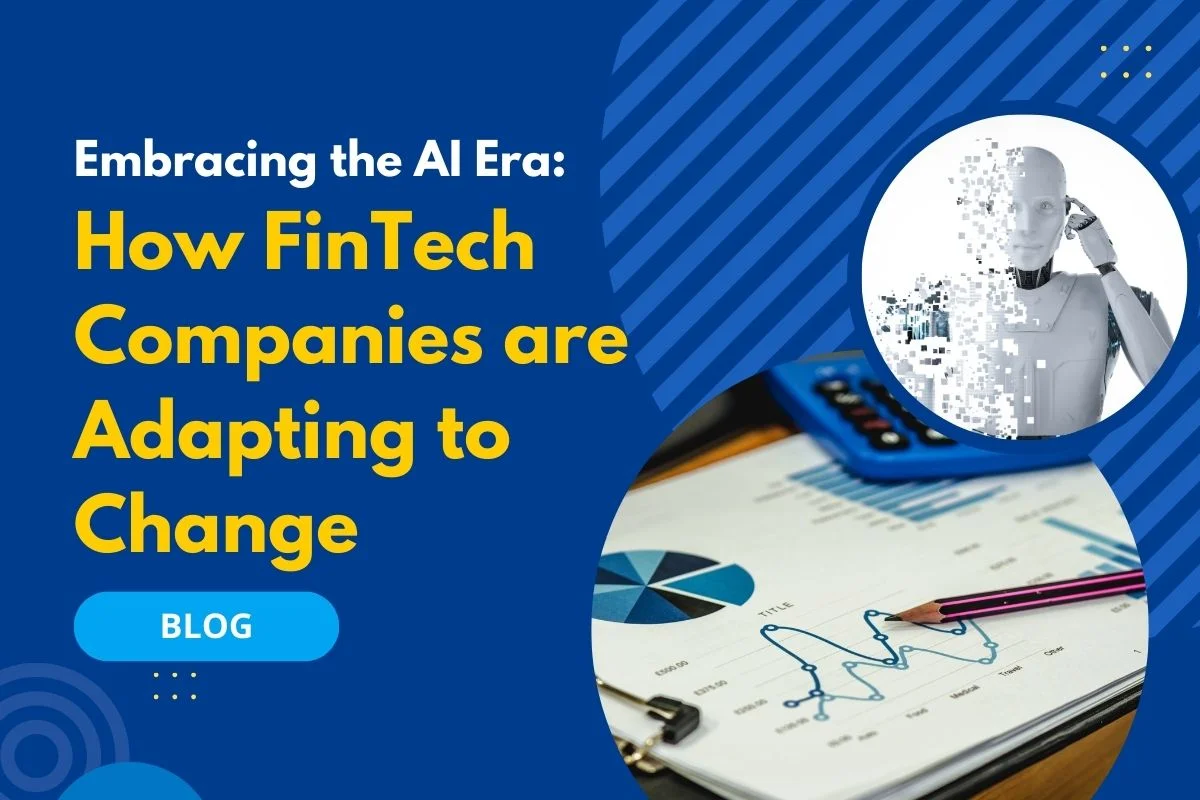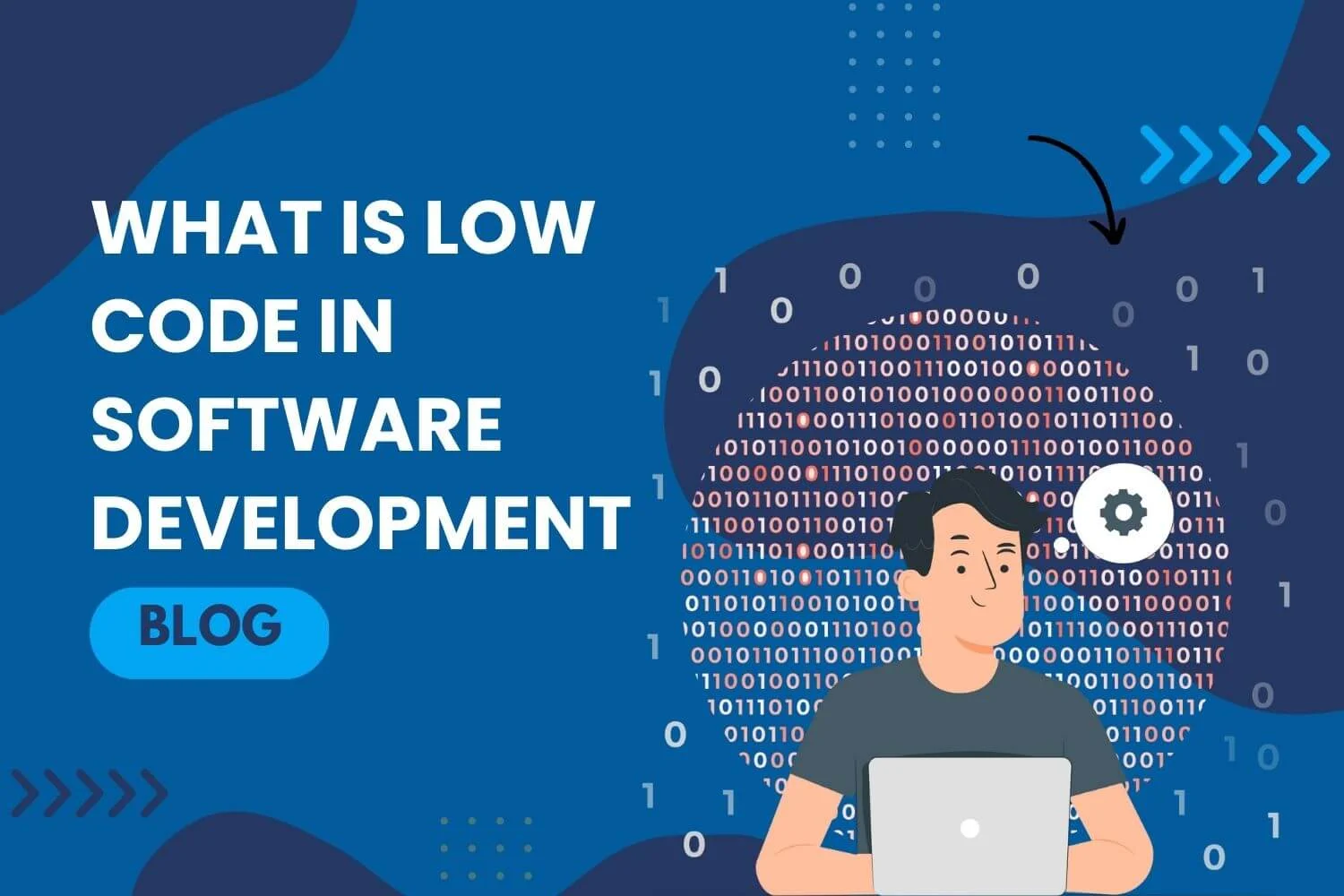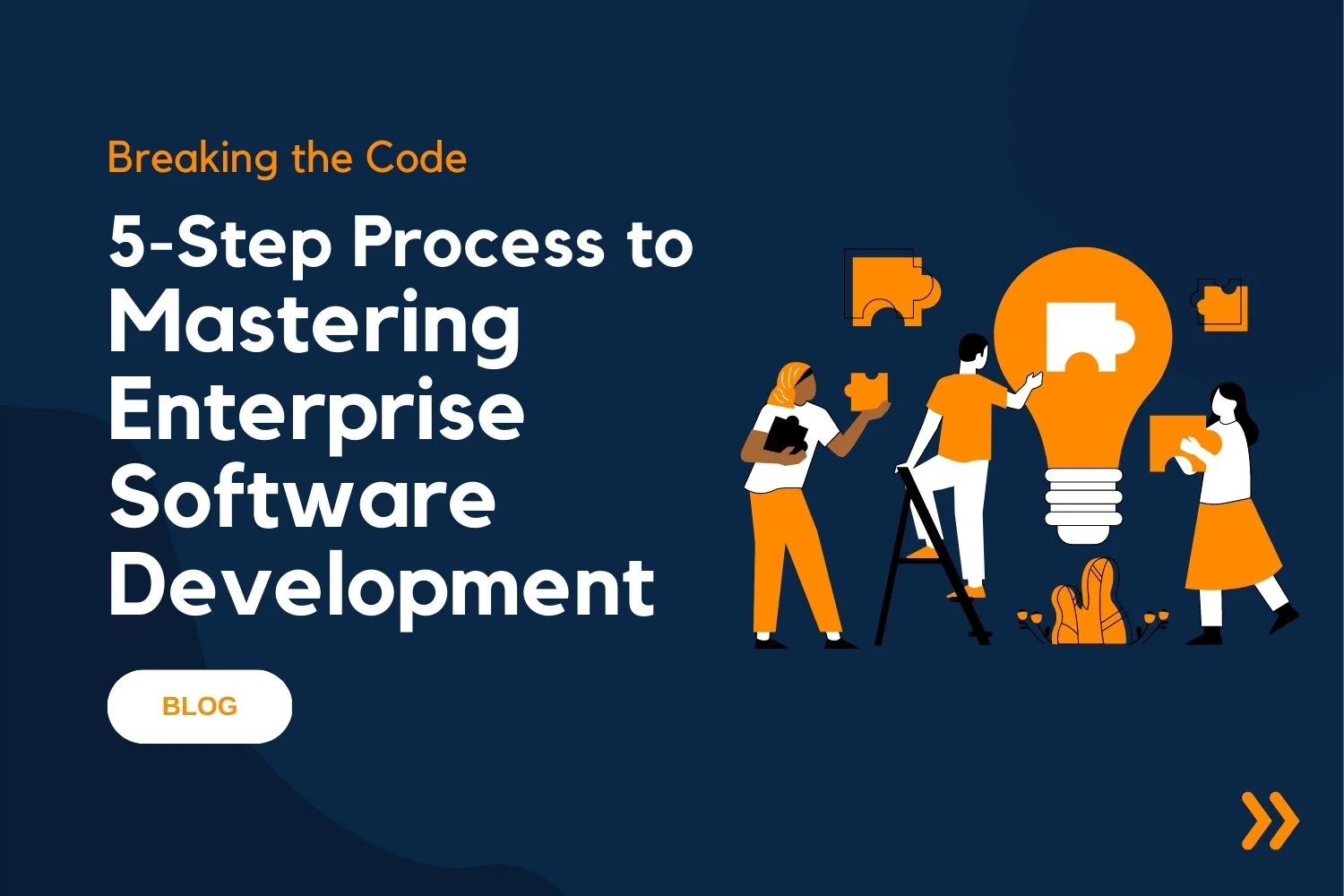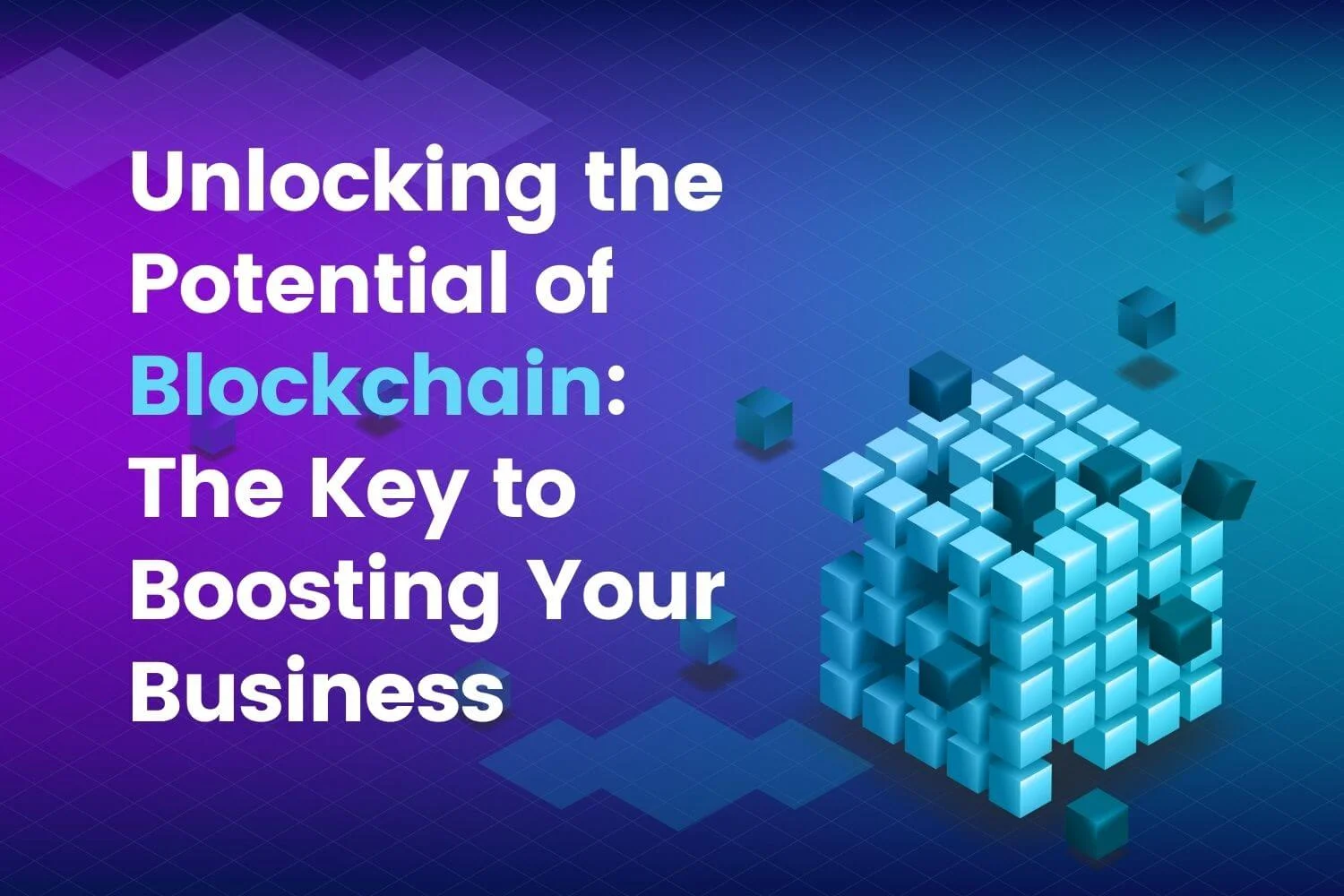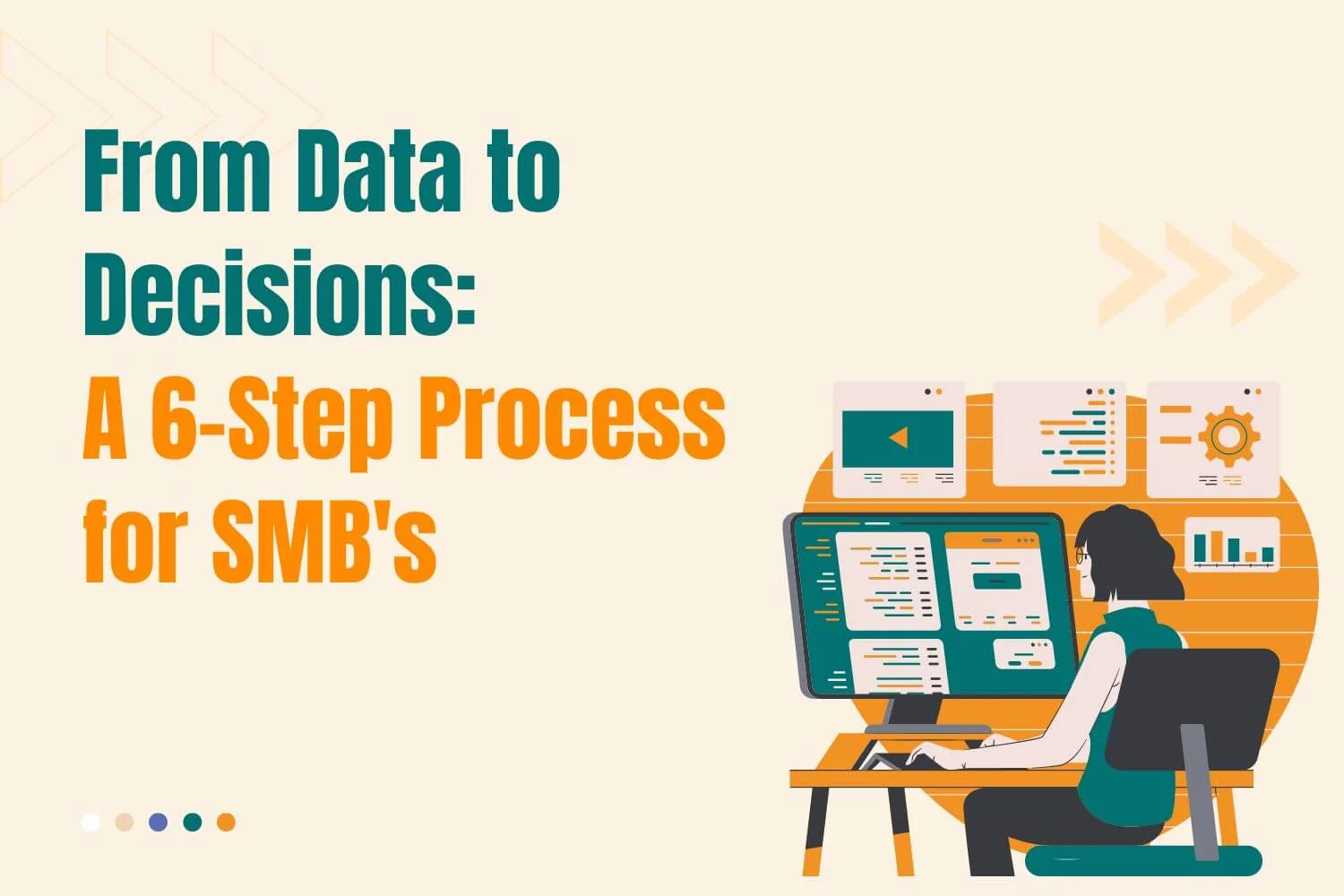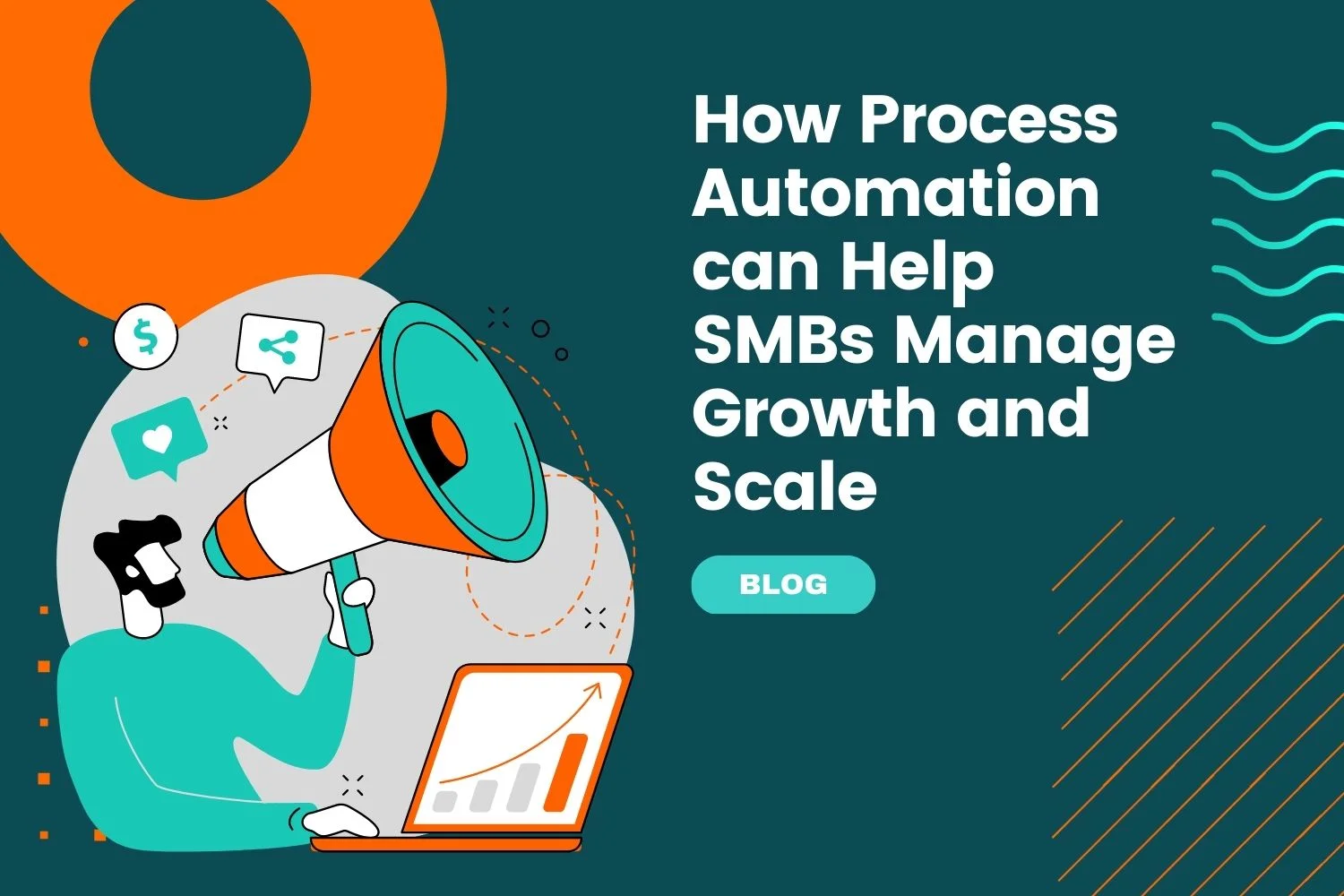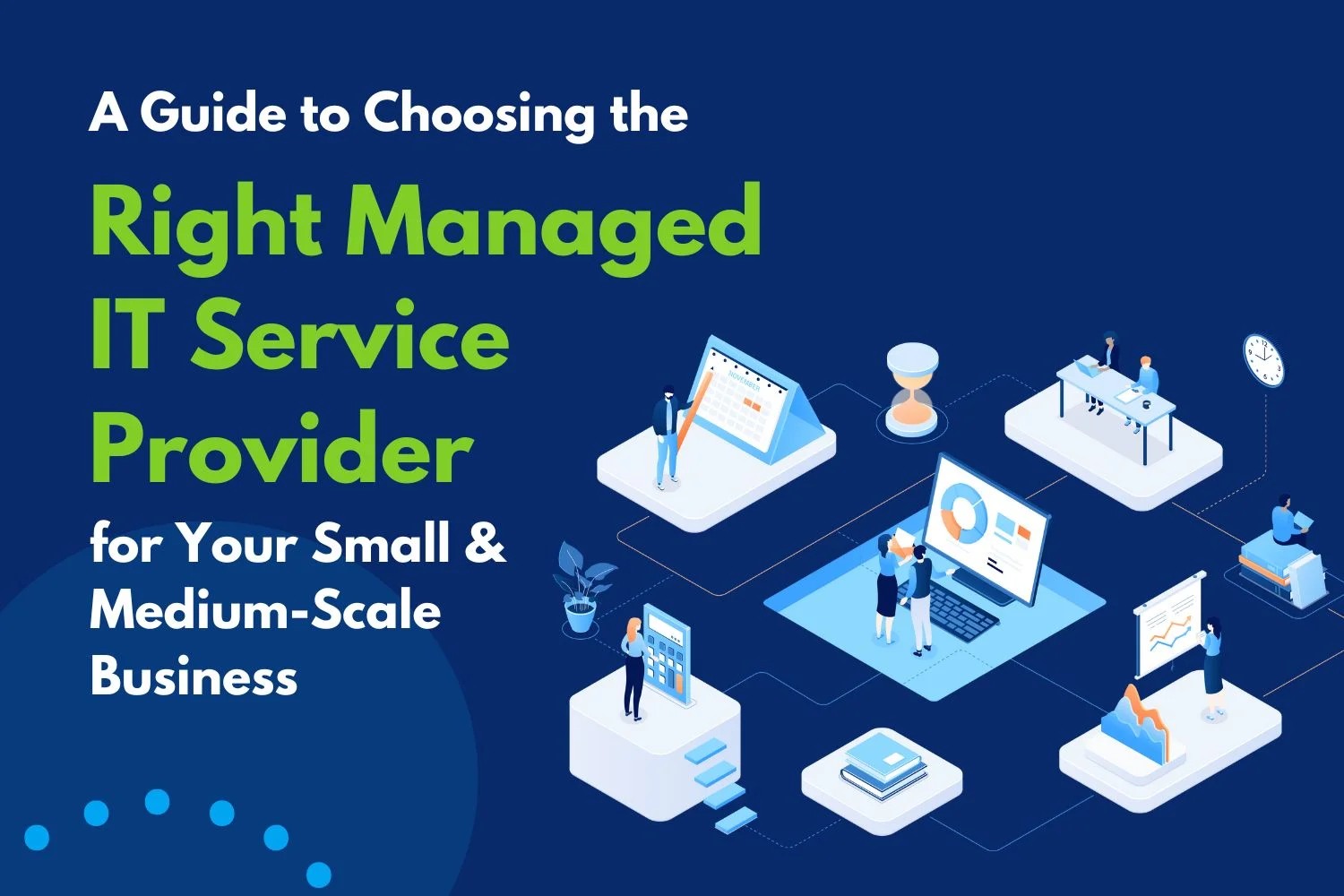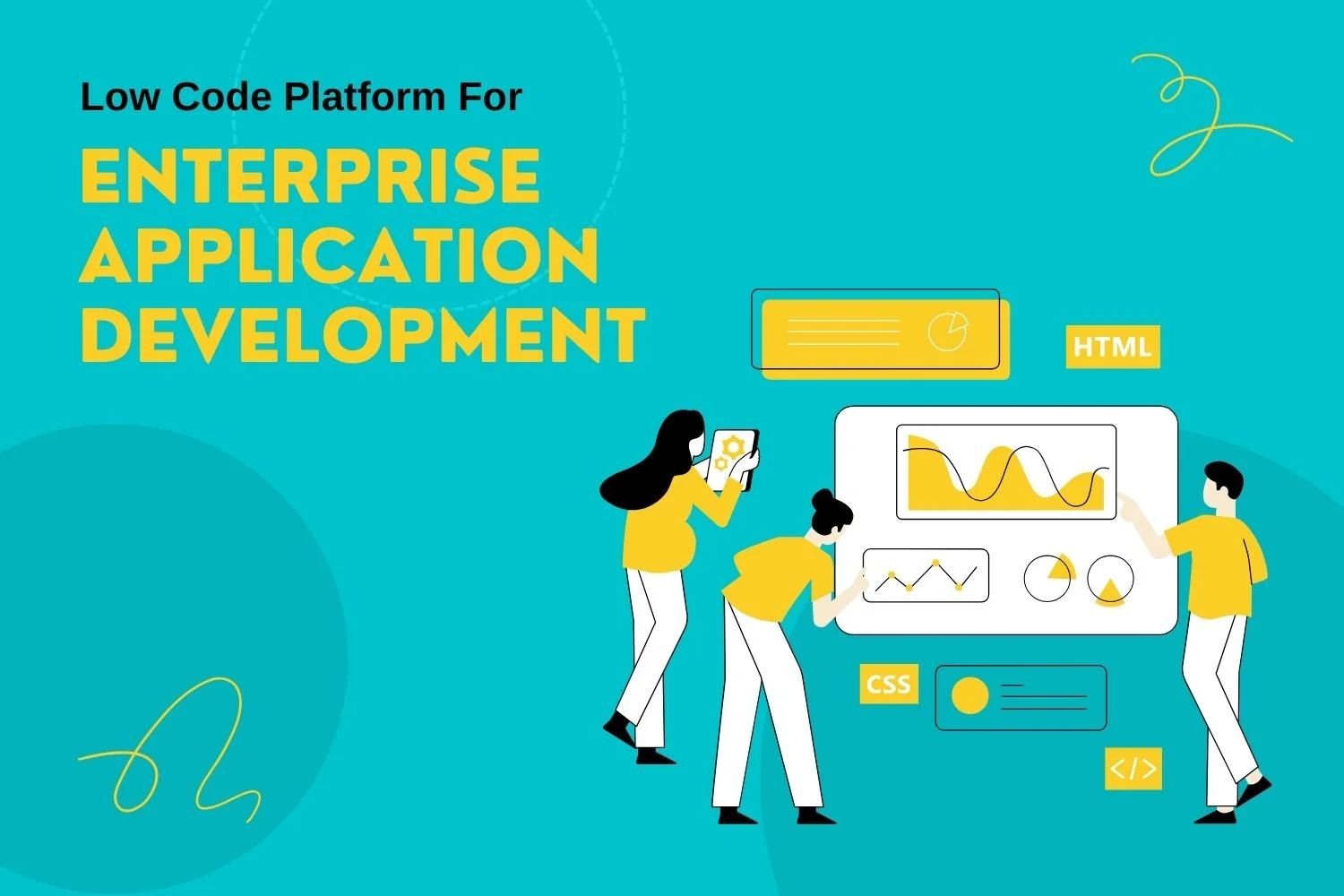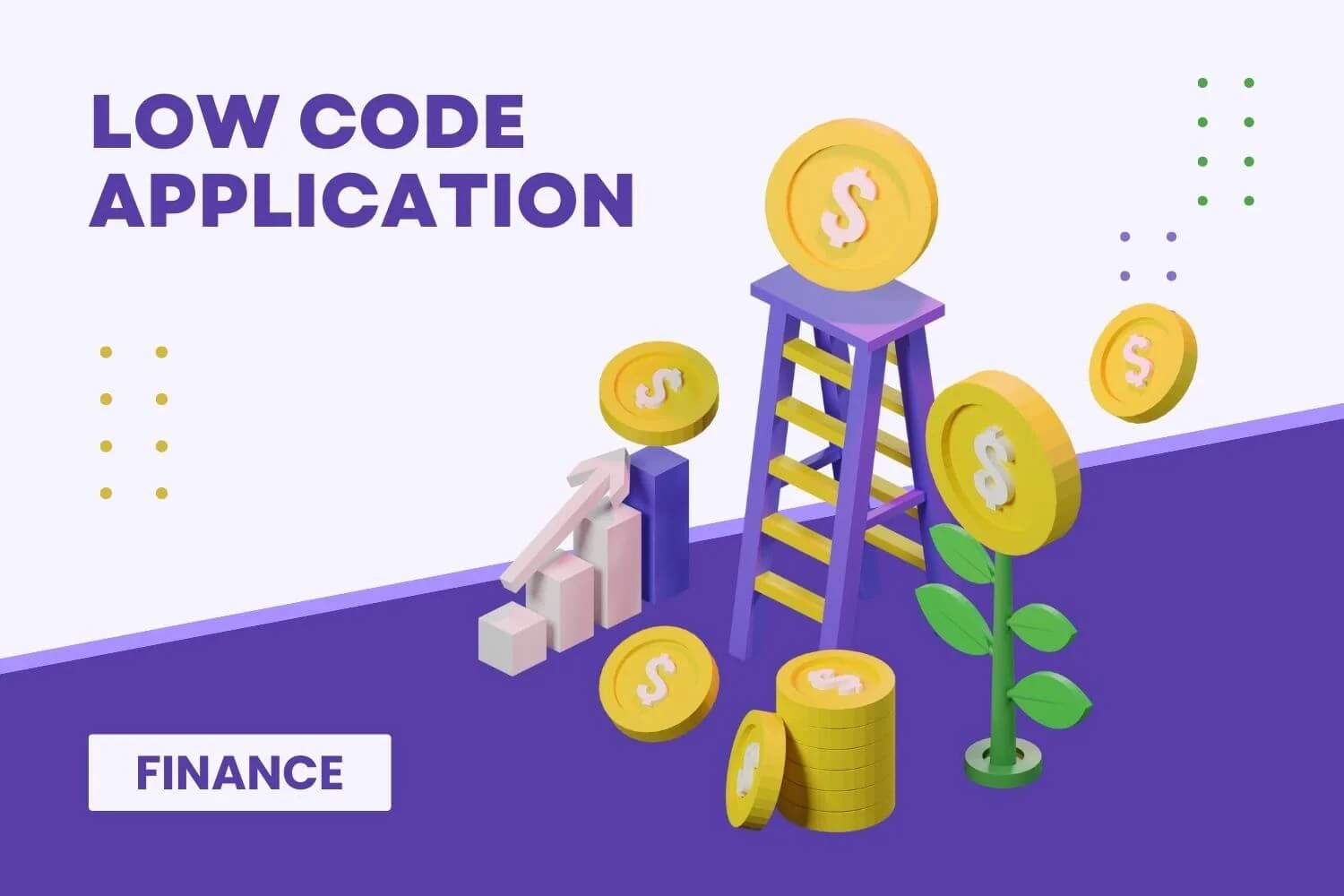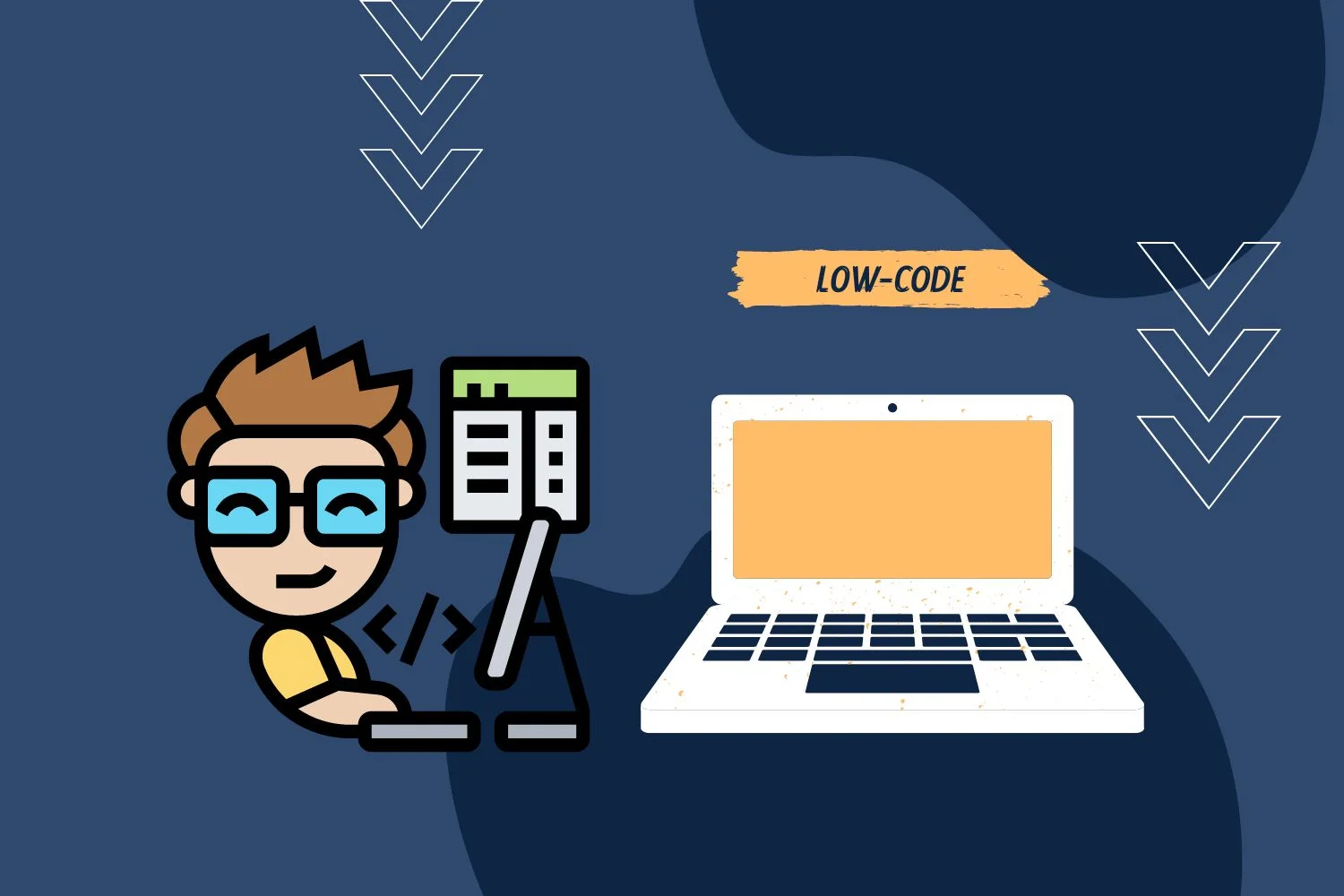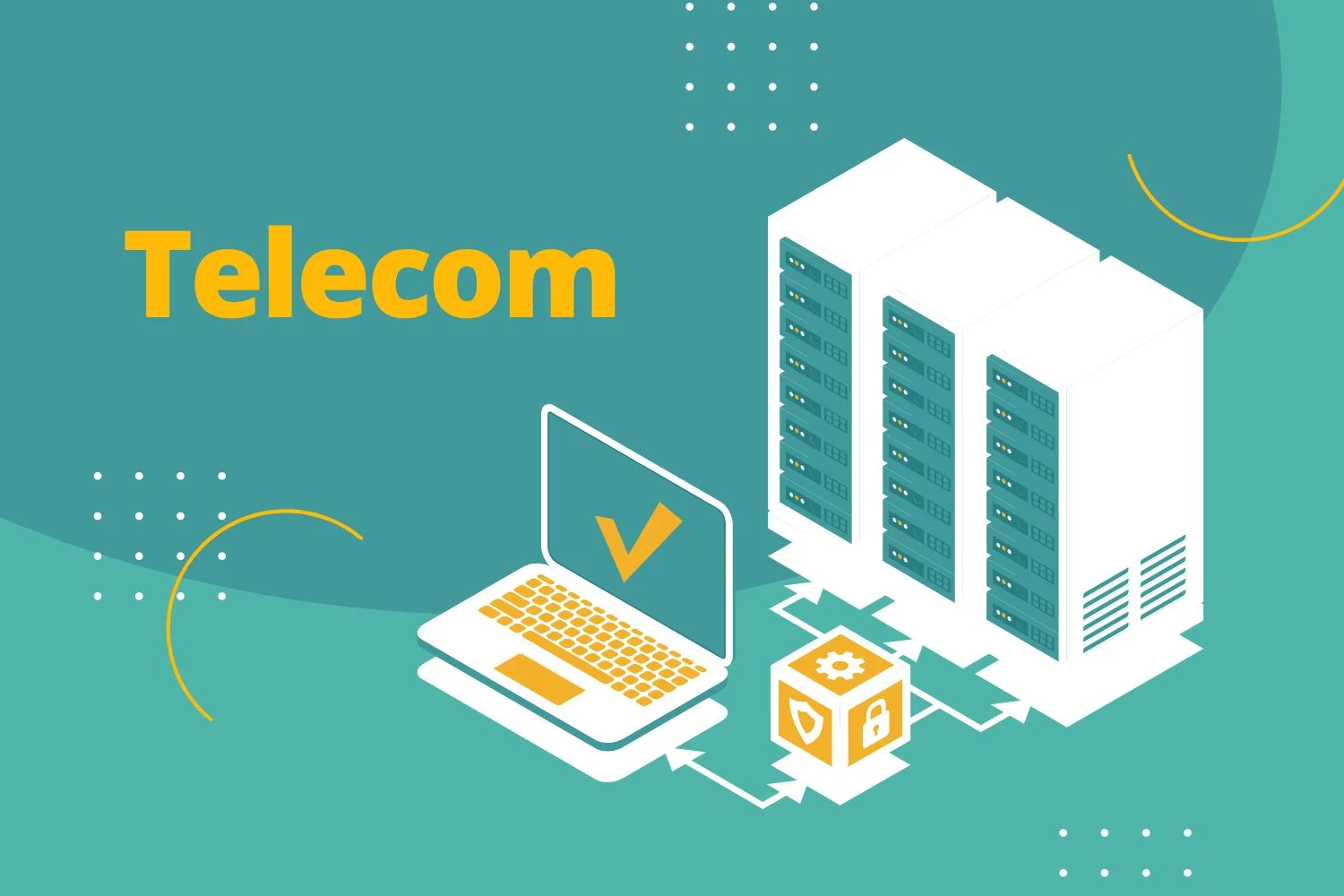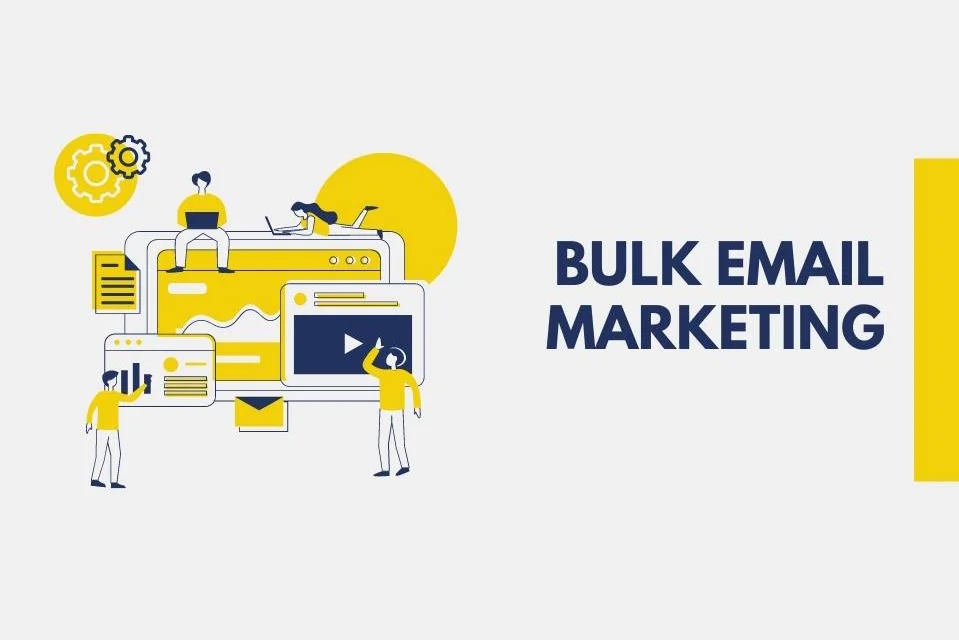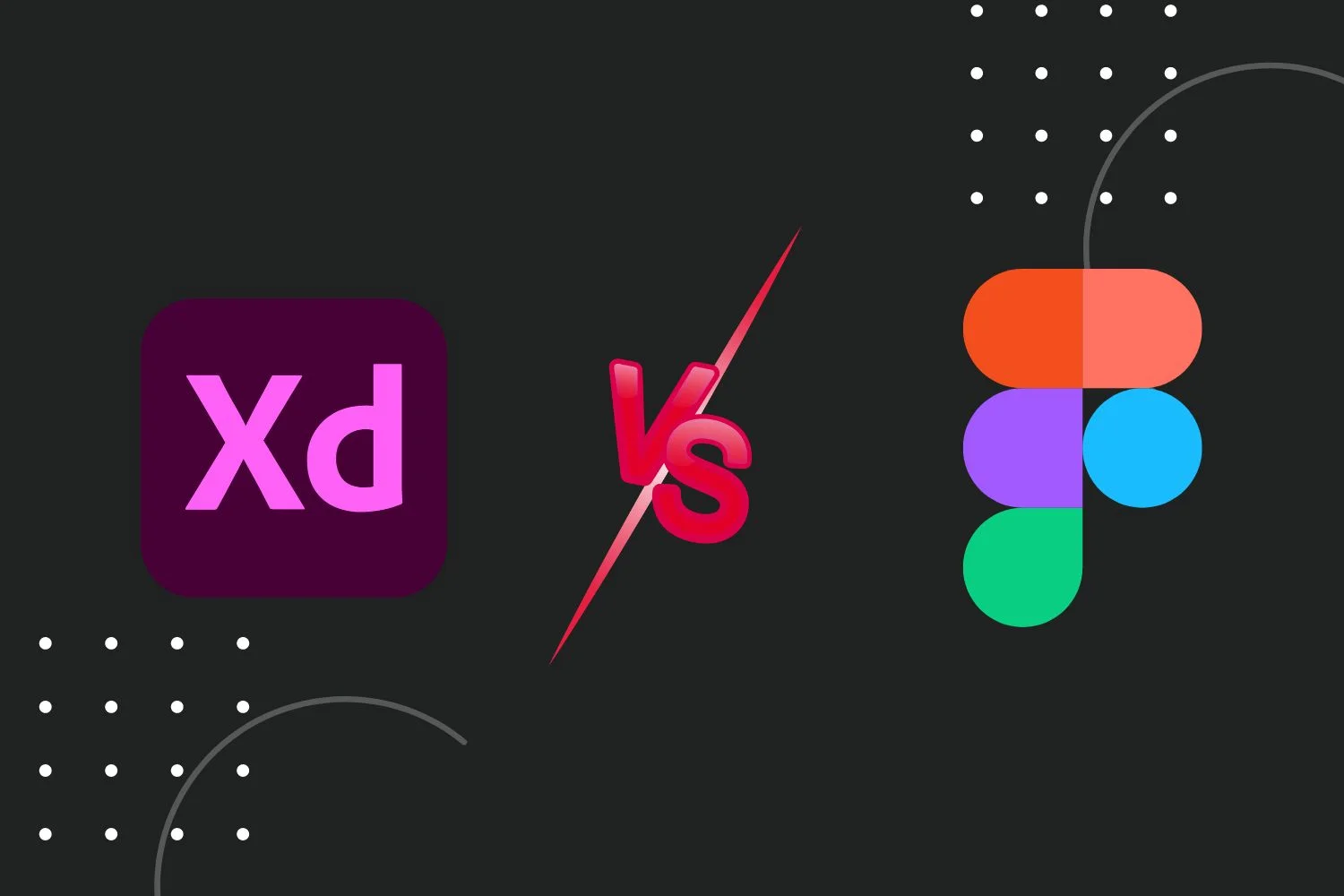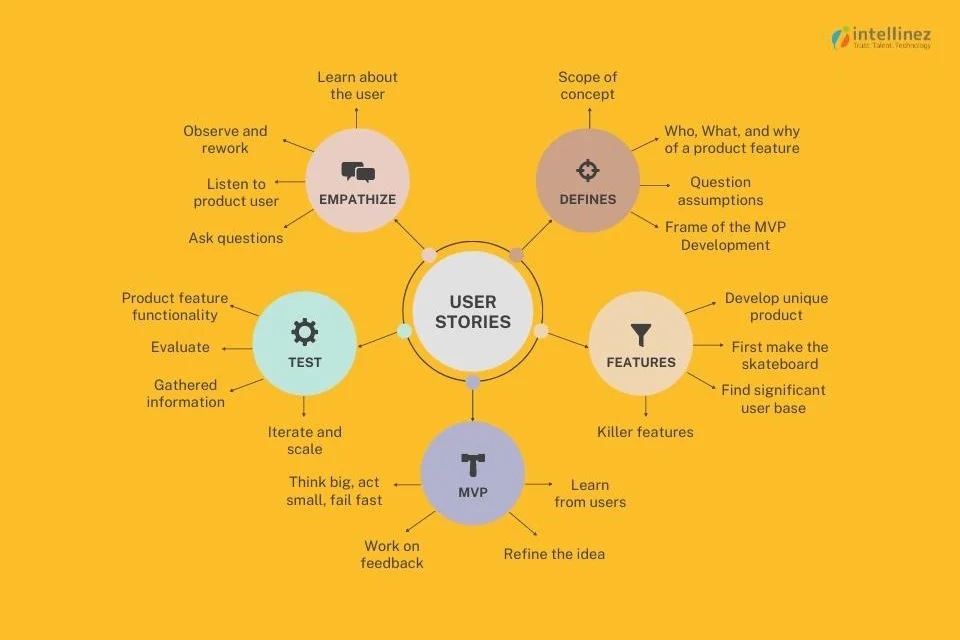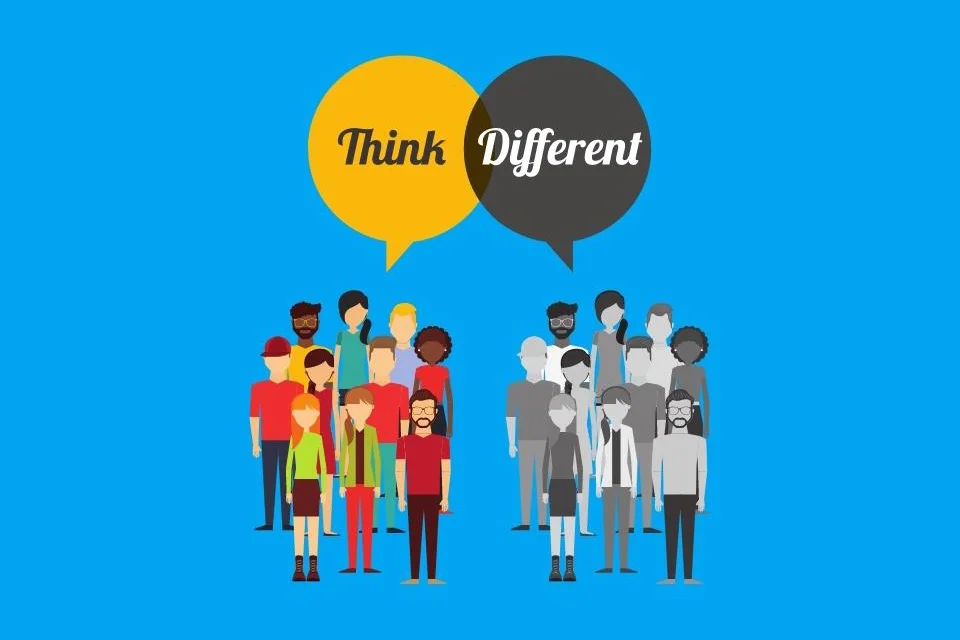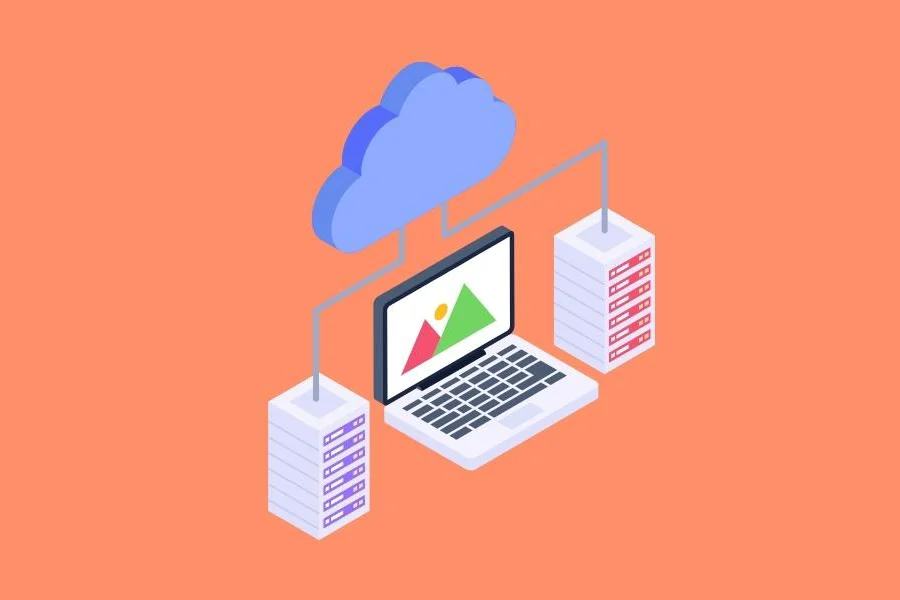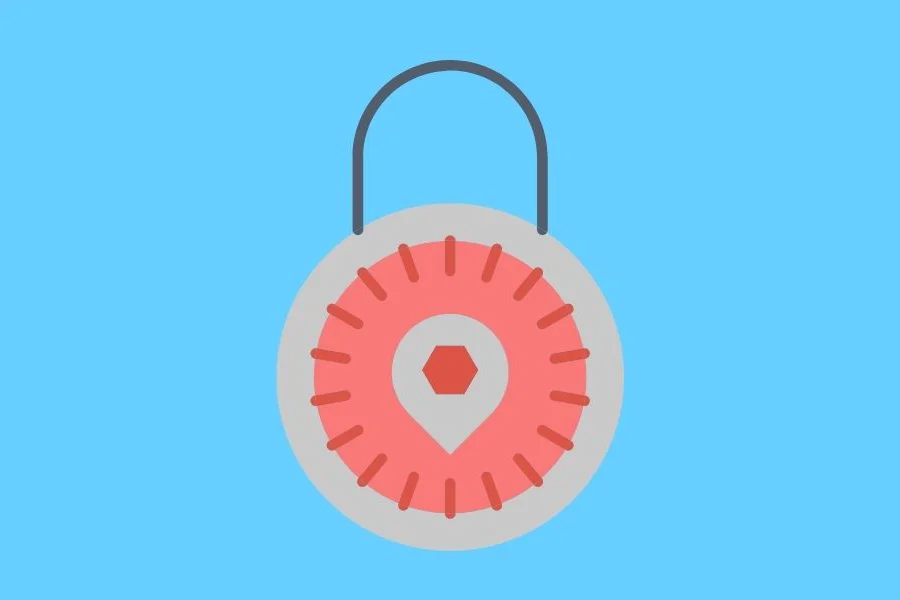- Exposing The Truth: How Academic Certificate Fraud Is Threatening Education
- The Association Of Certified Fraud Examiners Study
- Fighting Academic Certificate Fraud With Blockchain
- Validating Time Stamp
- Verifying Authenticity Of Educational Certificate
- Conventional Diploma Validation
- Blockchain System Validation
- The Mechanics Behind It: How It Really Works
- The Universities Leading the Way with This Technology
Fake diplomas are becoming increasingly prevalent and lucrative, with certificate fraud a growing problem worldwide. For just a few hundred dollars or less, individuals can purchase fake certificates to secure high-paying jobs, rather than spending tens of thousands of dollars on legitimate education.
Due to the time and expense involved in verifying credentials, many organizations lack an efficient means of detecting or preventing fake credentials, and some even forego the verification process altogether.
In fact, almost half of employers rarely or never verify a candidate’s education credentials, according to a study of 1,250 senior management professionals. Only 11% of employers who verify degree status report never catch applicants lying, while 24% say they frequently catch applicants lying.
Exposing the Truth: How Academic Certificate Fraud is Threatening Education
Certificate fraud has become a growing concern globally, encompassing both physical and digital certificates. It involves the use of false certificates to make deceptive claims about one’s qualifications or a product, with the aim of obtaining financial or personal gain.
Fake engineering degrees are easily available for purchase online for less than $100, with one website promoting them as an effortless way to a high-paying career. These fraudulent practices deceive employers and erode the credibility of genuine educational institutions and professionals.
Diploma mills pose a significant threat by offering fake academic degrees for a fee, and fake universities are becoming more prevalent. Saint Regis University is an infamous example of such fraud, generating $7 million by selling fake qualifications to over 9,600 people in 131 countries.
The Association of Certified Fraud Examiners Study
The Association of Certified Fraud Examiners released key findings from the largest study of occupational fraud to date, conducted in 2018. The report sheds light on the prevalence and nature of occupational fraud.
- Occupational fraud costs $7 billion in actual damages across 23 major industry categories ranging from small local businesses to multinational corporations with thousands of employees.
- 22% of frauds caused at least $1 million in losses. A typical organization loses 5% of its annual revenues to fraud.
Fighting Academic Certificate Fraud with Blockchain
Blockchain technology can provide a robust solution to prevent academic frauds by creating a secure and immutable record of academic credentials. By storing academic records on a decentralized blockchain network, educational institutions can ensure that these records are tamper-proof and can be easily verified by any authorized party.
Validating Time Stamp
Timestamping can benefit academic researchers, allowing them to prove ownership of patents or papers without relying on third-party intermediaries. In addition, blockchain technology enables researchers to easily discover the works of others through a single, public blockchain network, eliminating the need to search through numerous libraries and platforms.
Moreover, the tracking and certification of academic documents can be a cumbersome task as they are certified by multiple regulatory bodies, institutions, and platforms. Fortunately, a blockchain explorer can simplify this process by enabling users to research this information on a single platform, rather than having to navigate through multiple websites to find the documents they need.
Verifying Authenticity of Educational Certificate
Blockchain can verify the authenticity of educational certificates by creating a secure and tamper-proof record of the certificate’s issuance and ownership. This record can be accessed by anyone with permission and can provide real-time verification of the certificate’s authenticity, eliminating the need for third-party verification services. Blockchain technology also offers enhanced security and privacy features, making it an ideal solution for combating fraud and ensuring the integrity of educational credentials.
Conventional Diploma Validation
Once the record is created, it can be stored on the blockchain and accessed by authorized parties, such as employers and academic institutions, with the student’s consent. The blockchain system uses cryptographic algorithms to ensure the authenticity of the record, making it virtually impossible to alter or forge. This provides a high level of security and trust in the validation process.
Several educational institutions and organizations have already started exploring the use of blockchain for diploma validation. For example, the Massachusetts Institute of Technology (MIT) has launched a pilot program that uses blockchain to issue digital diplomas. The University of Nicosia in Cyprus has also implemented a blockchain-based diploma verification system.
Blockchain System Validation
Blockchain System Validation is the use of blockchain technology to verify and validate academic credentials. By storing academic records on a blockchain, universities and other institutions can provide a tamper-proof and permanent record of academic achievements that can be easily verified by anyone with access to the blockchain.
This technology can help in removing academic fraud in several ways. First, it can prevent the creation and distribution of fake certificates and diplomas. By storing academic records on a blockchain, it becomes virtually impossible to create counterfeit documents as each record is uniquely identifiable and verifiable.
Second, blockchain technology can provide a transparent and decentralized verification system. This means that instead of relying on centralized third-party verification systems, academic credentials can be verified by anyone with access to the blockchain, reducing the potential for fraud and corruption.
The Mechanics Behind It: How It Really Works
Our proposed system leverages blockchain technology to securely store and verify student credentials. Each certificate is assigned a unique ID, allowing students to verify their own certificates and companies to authenticate them. Since blockchain is distributed and tamper-proof, the system ensures the integrity of data stored in each block.
The system comprises three modules: college, student, and company. The college is responsible for enrolling students and uploading certificates onto the blockchain. Students can log in to their account to view their own certificates. To access a student’s credential, companies can send an access request, which the student can accept or reject. Once granted access, the company can view the specific certificate they requested. This project offers a robust solution for preventing certificate fraud and enhancing the credibility of student credentials.
The Universities Leading the Way with This Technology
There are many universities around the world that are adopting blockchain technology to combat certificate fraud. Here are some examples:
- MIT (Massachusetts Institute of Technology) – In 2017, MIT announced that it was piloting the use of blockchain technology to issue digital certificates to graduates.
- University of Nicosia – This university in Cyprus was the first in the world to offer a Master’s degree in Digital Currency, and it has been using blockchain technology to issue academic certificates since 2014.
- Open University – The Open University in the UK has been exploring the use of blockchain technology to issue digital diplomas and certificates, and in 2018 it launched a pilot program to test the technology.
- University of Melbourne – In 2019, the University of Melbourne in Australia announced that it had developed a blockchain-based system for verifying academic credentials.
- University of Bahrain – In 2021, the University of Bahrain announced that it had partnered with a blockchain-based credentialing platform called Blockcerts to issue digital certificates to graduates. Besides this, the University has also partnered with a blockchain-based credentialing platform called GulfChain to issue digital certificates.
- Kingsland University – This Georgia-based university offers a blockchain development program, and it has developed a blockchain-based platform for verifying academic credentials.
- Malta University – In 2021, Malta University announced that it had partnered with a blockchain-based credentialing platform called VChain to issue digital certificates to graduates.
- Southern Alberta Institute of Technology – This Canadian university has developed a blockchain-based platform for issuing digital credentials, which it began using in 2021.
- University of Texas at Austin – In 2021, the University of Texas at Austin announced that it was partnering with a blockchain-based credentialing platform called Credly to issue digital badges and certificates.
These are just a few examples of universities that are using blockchain technology to combat certificate fraud. As the technology continues to mature, we can expect to see more and more universities adopting it for this purpose.
Conclusion
Blockchain ensures data stored is protected and cannot be altered, providing extra security to certificates and student data. This system can eradicate the problem of fake certificates and can be extended to other sectors where a digital document time stamp is required. It can also store employment and experience data for tracking.
Hire Intellinez For Issuance Of Digital Certificates At Your University
Team Intellinez can provide a secure and transparent solution for certificate verification and issuance. Our team has extensive knowledge and experience in blockchain technology, enabling us to provide a customized approach that can effectively combat certificate fraud.
With our expertise, we can help streamline the certification process, making it more efficient and secure, and reducing the risk of fraud. By utilizing blockchain technology, we offer an immutable solution, ensuring that certificates are authentic and trustworthy.









